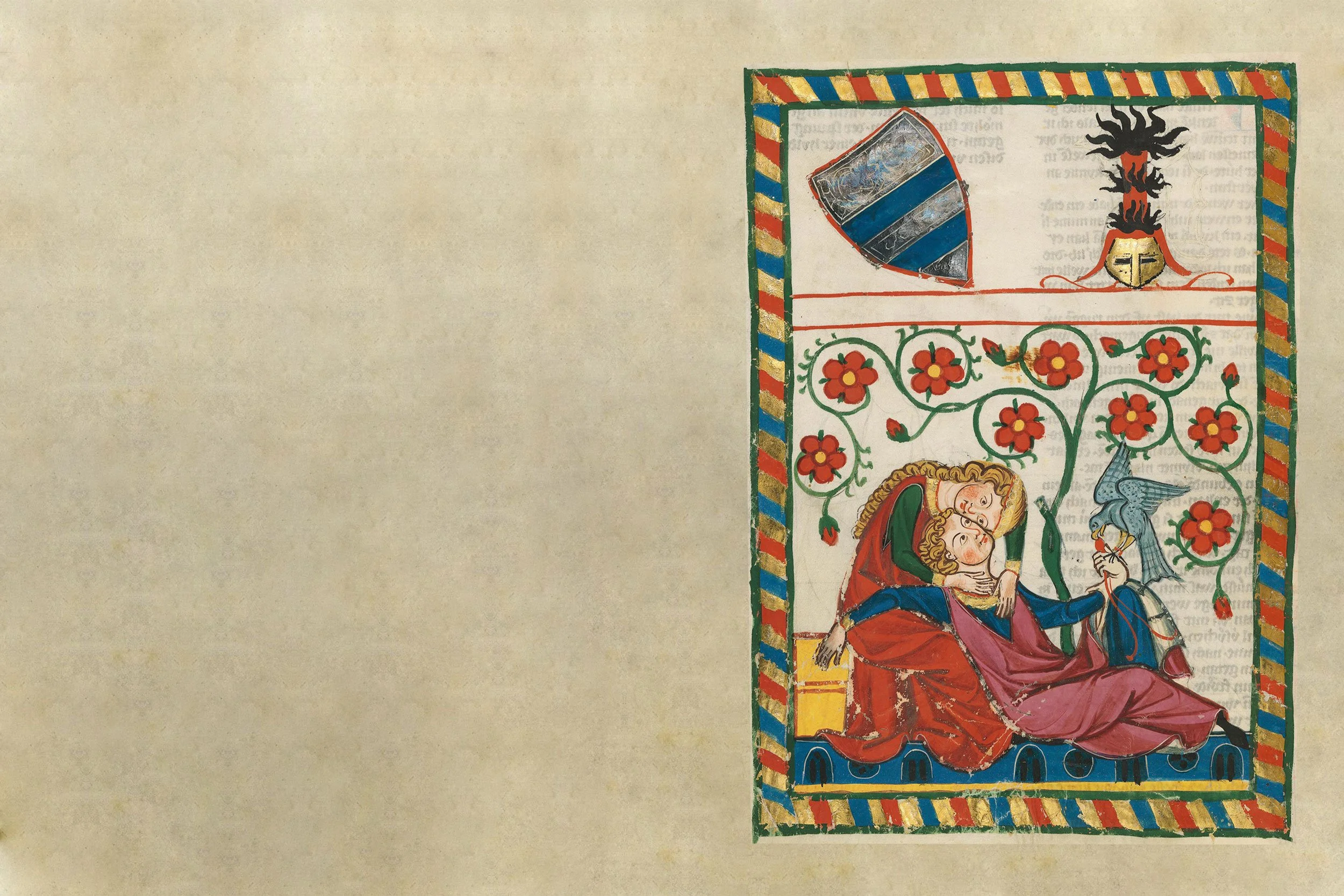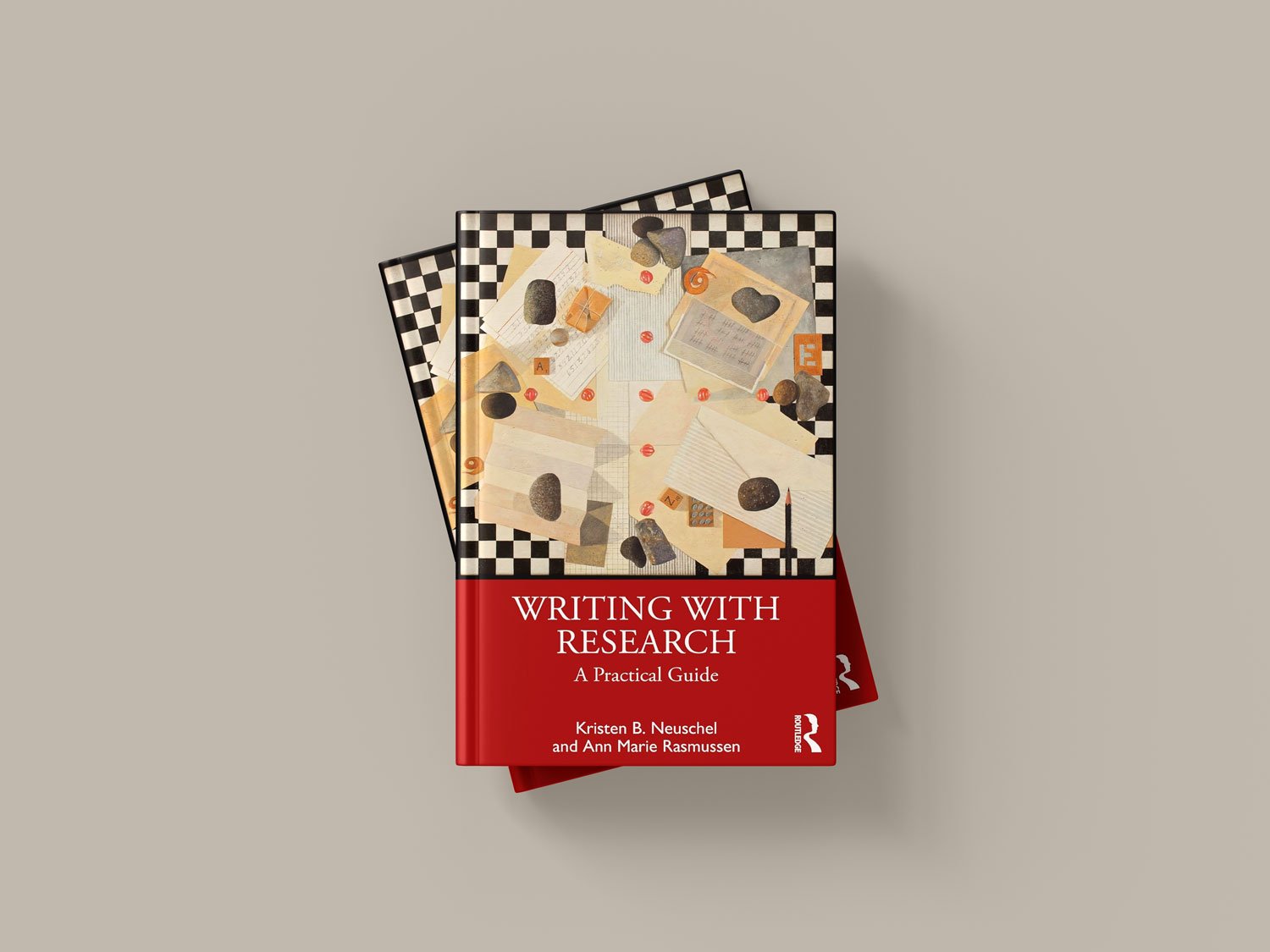
Ann Marie Rasmussen
I was born in Redmond, Oregon and received my Bachelor of Arts from the University of Oregon and PhD from Yale University, both in the field of Germanic Languages and Literatures. I live in North Carolina.
I am Professor of German emerita from Duke University, where I was a faculty member in the Department of Germanic Languages and Literature for twenty-five years (1988-2014). I recently retired from my position as the Right Honourable John G. Diefenbaker Memorial Chair in German Literary Studies at the University of Waterloo, Ontario, Canada (2015-2024).
My areas of expertise are medieval studies, German studies, and gender studies. Over the past decade, I have worked in the field of material culture, focussing on medieval badges.
My Teaching Methodology
The Department of Germanic & Slavic Studies at the University of Waterloo produced short and humorous introduction videos called “Meet the Profs.” Here is mine!
“I think for me it’s not about the content of the class, it’s about the process. What I’m interested about is supporting you with a structure, including, you know, assignments and a syllabus with deadlines — I love deadlines - that will move you towards becoming a better researcher and writer.”
My Writing Methodology
Writing with Research offers readers practical guidance for managing writing and research as combined tasks. Kristen B. Neuschel and Ann Marie Rasmussen bring expert advice from their extensive experience as writers, researchers, and teachers, making this an indispensable, user-friendly guide to research-based writing.
This book describes how to launch writing and researching together and how to continue the work as an iterative, not linear, process. It explores the challenges of finding time for writing and research, and offers tips on how to make progress, even in short writing and researching sessions. It describes the steps necessary for responsible research in the contemporary digital environment, including the role Artificial Intelligence might play and how to map arguments as they emerge through writing. This book offers readers the tools to confront stumbling blocks like procrastination. It shows the benefits of building writing communities and how to make use of feedback at various stages of a project.
The short and easily digestible chapters make this a go-to resource for a wide audience, from students, professors, and scientists to professionals. Writing with Research helps all researchers find the resources they need to be successful and encourages them to think of themselves as writers, now and into the future.


